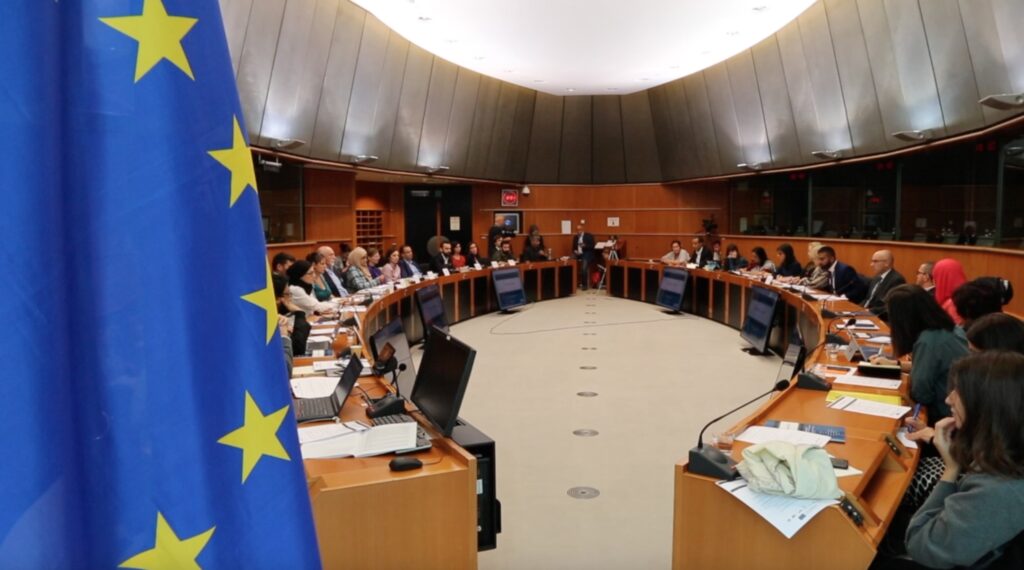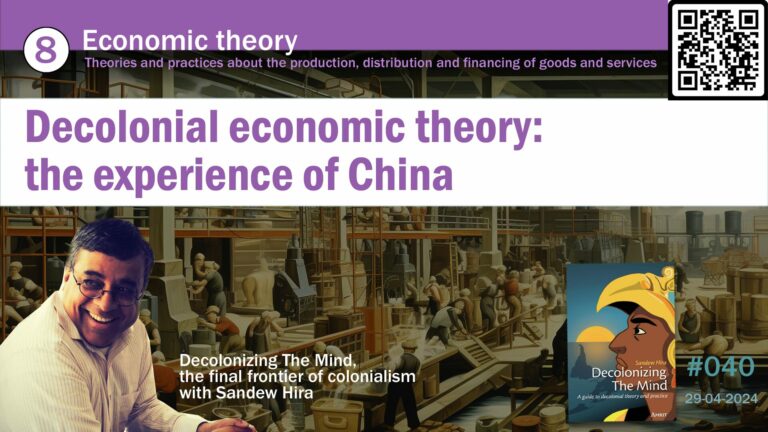From 2017 – 2018 the Counter-Islamophobia Toolkit* team looked at narratives and counternarratives to Islamophobia in 8 European countries: the United Kingdom, France, Germany, Belgium, Portugal, Czech Republic, Hungary and Greece. The project was innovative in many ways but is perhaps the first to look at what works and what doesn’t in terms of countering Islamophobia.
On this page find some of the links to the project in general and pages for each country containing:
– the three reports on each country (the Ten Dominant Narratives of Islamophobia, the Ten Dominant Counter Narratives to Islamophobia and the summary Key National Messages for Policy Makers);
– links to the summary and commentary blogs;
– and the video of the presentation of the findings delivered at the European Parliament
Watch the full Project Findings Launch at the European Parliament, and a discussion about the project with Jean Lambert MEP, Arzu Merali and Prof. Salman Sayyid at the end of the page. Further information about the project can also be found below the videos.
Belgium – Dr Hassan Bousetta and Dr Elsa Mescoli
Czech Republic – Dr Karel Čada and Dr Veronika Frantová
France – Dr Andrea Bila
Germany – Dr Luis Manuel Hernandez Aguilar
Greece – Dr. iur. Matilda Chatzipanagiotou, LL.M and Mr Iason Zarikos
Hungary – Dr Zsuzsanna Vidra
Portugal – Dr Silvia Maeso and Dr Marta Araújo
United Kingdom – Arzu Merali
The launch of the findings of the project held at the European Parliament, organised by IHRC and the ARDI group.
Discussion of the findings with UK Green Party MEP Jean Lambert, Arzu Merali, Prof. Salman Sayyid, moderated by Alfiyaz Vaiya.
Find the link to the Counter-Islamophobia Toolkit here. [EXTERNAL LINK]
Find a detailed paper on Islamophobia in European Human Rights Law by Dr Ilias Trispiotis here. [EXTERNAL LINK]
Other documentation in the project can be found here.[EXTERNAL LINK]
*The project partners are:
University of Leeds, UK (Prof. Ian Law)
Islamic Human Rights Commission, UK (UK, France, Germany)
University of Liege, Belgium (Belgium)
University of Coimbra, Portugal (Portugal)
American College of Greece (Greece)
Charles University, Czech Republic (Czech Republic)
Central European University, Hungary (Hungary)
Who are the IHRC CIK Team?
[Correct at start and end of project]
- Caterina Aiena – is the IHRC EU coordinator, and has worked on numerous campaign, research and advocacy projects for IHRC at the EU level, organising events and producing state of the art policy briefings.
- Dr Andrea Bila is a research officer at IHRC. She completed her PhD in social and political sciences and her graduate studies in Cultural history of the English-speaking world at Université Sorbonne-Nouvelle in Paris, France. Her PhD dissertation dealt with the socio-political mobilisation of Muslim communities and institutional responses to their presence in Great Britain and France. Her research interests lie in the area of multiculturalism, minority rights, integration and identity-building, public perceptions of Muslims and Islam and elimination of stereotypes. She has also been contributing on these issues to various journals and speaking at international conferences. In 2015 she joined Open Society Foundation Slovakia as Manager of the “Democracy and Human Rights” programme, supervising the programme area “Fight against discriminations, racism and xenophobia”. Prior to joining Open Society Foundation Slovakia, she held the position of a Teaching Assistant at the University Paris IV-Sorbonne and the University Paris XIII. She was also involved in a number of community projects focusing mainly on promoting a dialogue about diversity, equality and democratic values.
- Dr Luis Manuel Hernandez Aguilar is a Research Officer in the Islamic Human Rights Commission, England. He completed his Ph.D in Sociology at the Goethe-University Frankfurt am Main, Germany, and his undergraduate studies at the Latin American Faculty of Social Sciences campus México (FLACSO México), and the Metropolitan Autonomous University in México City. Luis M. Hernandez research focuses on race and racism, Islamophobia, theories of the state, postcolonial theory, and discourse analysis. His most recent publications are: (2017) ‘Suffering’ Rights And Incorporation. The German Islam Conference and the Integration of Muslims as a Discursive Means of their Racialization SPECIAL ISSUE ON RELIGION. European Societies, and (2016) The Imam of the Future. On Racism and the German Islam Conference. Islamophobia Studies Yearbook, 7, 66–85.
- Ms Arzu Merali heads the research section at the Islamic Human Rights Commission. She is author and co-author of a number of publications on Islamophobia, including ‘Environment of Hate: The New Normal for Muslims in the UK’ (2015), ‘Only Canadian: The Experience of Hate Moderated Differential Citizenship for Muslims’ (2014), ‘Once Upon A Hatred: Muslim Experiences in the USA’ (2013) and ‘France and the Hated Society’ (2012). She was project co-ordinator and co-author of six reports funded by the Joseph Rowntree Charitable Foundation between 2004 – 2007 on British Muslims’ Expectations of the Government. She recently joined the editorial board at Amrit Publishers. Her research interests include human rights, gender, (anti)racism, Islamophobia and critical legal theory. Her academic background includes degrees and postgraduate degrees in English Literature (BA Hons and MA Hons Cantab) and International Relations (MA Hons, Kent) and a postgraduate diploma in law (PgDip Nottingham Trent).
- Ms Ashiya Mendheria – is the project administrator at IHRC. She has worked in similar roles on various IHRC research projects in the Domination Hate Model of Intercultural Relations project, notably the UK and US (Chicago) research.
Full Project Description:
The overall aim of the Action is to compare the operation of counter-narratives to Muslim hatred in eight EU member states in order to examine their use and effectiveness in terms of providing alternatives to prevailing narratives of hate and hostility and reducing racism. This will involve assessing prevailing narratives of Muslim hatred and the local, national and international environments in which they operate, identifying the content, utilisation and impact of counter-narratives in each member state context and comparing their operation and outcomes in order to identify best practice in the form of a Toolkit of Counter-Narratives.
The Action will collate empirical information about the operation of counter-narratives in eight member states (the UK, Belgium, Portugal, Hungary, the Czech Republic and Greece, plus France and Germany) providing the first comprehensive comparative picture of the use of counter-narratives and will for the first time compare these data to explore what works in the use of counter-narratives utilising a range of indicators. This project is funded with support from the European Commission.
Project status: Complete
Funding body: European Commission DG Justice and Consumers
Duration: Jan, 2017 – Dec, 2018
This communication reflects the views only of IHRC and the European Commission cannot be held responsible for any use that may be made of the information contained therein.








